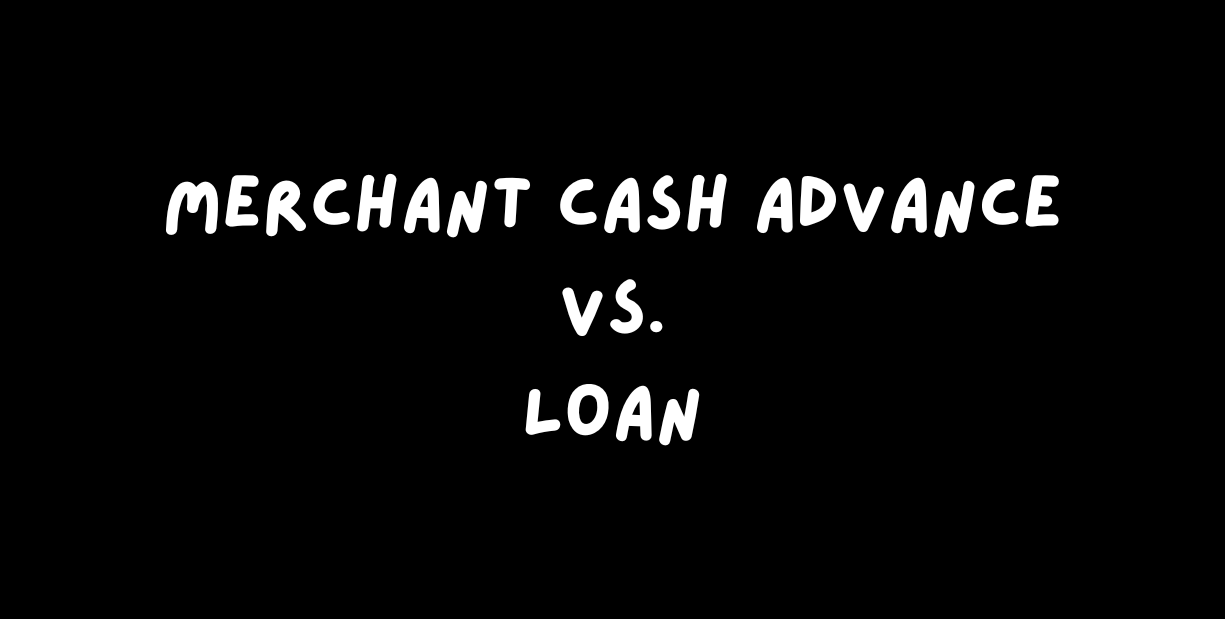Why Do a Short Sale? Understanding the Benefits and Process
Why Do a Short Sale?
At J. Singer Law Group, we specialize in guiding homeowners through the short sale process , ensuring the best possible outcome. In this guide, we’ll explain why a short sale is a smart option, its benefits, and how the process works.
What Is a Short Sale?
A short sale occurs when a lender agrees to let a homeowner sell their property for less than the outstanding mortgage balance, rather than foreclosing on the home. It provides a controlled way to handle mortgage debt while avoiding the long-term financial damage of foreclosure.
- Helps homeowners escape underwater mortgages
- Reduces financial liability for unpaid mortgage debt
- Less damaging to credit than foreclosure
Why Do a Short Sale? 5 Key Reasons
1. Avoid Foreclosure & Its Severe Consequences
One of the biggest reasons homeowners choose a short sale is to avoid foreclosure, which can:- Severely damage credit scores (by 200+ points)
- Stay on credit reports for up to 7 years
- Make it harder to qualify for future home loans
Short Sale vs. Foreclosure Credit Impact:
- A short sale typically lowers your credit by 50–150 points
- A foreclosure drops your credit by 200+ points
- You can buy another home sooner after a short sale
2. Reduce or Eliminate Mortgage Debt
Many lenders forgive the remaining mortgage balance after a short sale, meaning you walk away without owing more money.Example: You owe $300,000 on your mortgage, but your home is worth only $250,000. With a short sale, the lender may accept $250,000 as full payment, forgiving the remaining $50,000.
- Avoid lawsuits for unpaid debt
- Stop collections and deficiency judgments
�55357;�57000; Tip: Always negotiate for a deficiency waiver to ensure you don’t owe the remaining balance after the sale.
3. Recover Financially & Rebuild Credit Faster
Compared to foreclosure, a short sale allows homeowners to financially recover faster:- You may qualify for a mortgage sooner –
- FHA Loan: Eligible after 3 years
- Conventional Loan: Eligible after 4 years (or 2 years with hardship proof)
- VA Loan: Eligible after 2 years (sometimes sooner)
- Easier to secure future rentals –
Landlords prefer renters with a short sale history over a foreclosure.
- Lower credit impact – Short sales show settled debt rather than default, making future borrowing easier.
4. Regain Control Over the Sale Process
Unlike foreclosure, where the lender takes full control, a short sale allows you to:- Set your home’s listing price (based on market value)
- Choose a real estate agent and negotiate offers
- Stay in your home until the sale is finalized
This gives homeowners time to plan their next move, instead of facing an unexpected eviction after foreclosure.
5. Less Emotional & Social Stigma Than Foreclosure
Foreclosure can be stressful and publicly damaging. In contrast, a short sale is often seen as a strategic financial decision rather than a forced repossession.- Less embarrassment – Buyers and neighbors see it as a normal home sale.
- No sheriff’s sale or eviction – You leave on your terms, not the bank’s.
Who Qualifies for a Short Sale?
Lenders typically approve short sales for homeowners who:
- Owe more than their home is worth
- Have a financial hardship (job loss, divorce, medical bills, etc.)
- Can’t afford mortgage payments and don’t qualify for loan modification
- Haven’t already filed for bankruptcy (in some cases)
A real estate attorney can help present your case to the lender for approval.
How Does a Short Sale Work?
Step 1: Consult a Real Estate Attorney & Agent
- Work with a short sale attorney to ensure legal protection.
- Hire an experienced real estate agent to market the home.
Step 2: Get Lender Approval
- Submit a hardship letter explaining financial distress.
- Provide financial documents (bank statements, tax returns, pay stubs).
Step 3: List the Home & Find a Buyer
- Price the home at fair market value.
- Negotiate offers with the lender’s approval.
Step 4: Complete the Short Sale & Close
- The lender accepts the buyer’s offer.
- The sale closes like a normal home transaction.
Timeline: Most short sales take 3–6 months, depending on lender approval speed.
Short Sale vs. Loan Modification: Which Is Better?
Common Misconceptions About Short Sales
1. “I’ll Still Owe the Lender Money”
Not always! Many lenders waive the remaining debt—just be sure to get it in writing.2. “Short Sales Always Ruin Credit”
A short sale lowers credit scores but far less than foreclosure. Many homeowners rebuild credit in 1–2 years.3. “Short Sales Take Forever”
While some short sales take months, working with an experienced attorney speeds up approval.4. “I Can’t Buy a Home Again”
Many short sellers qualify for a new mortgage within 2–4 years—much sooner than after foreclosure.How J. Singer Law Group Can Help
At J. Singer Law Group, we specialize in: ✔ Negotiating with lenders for short sale approval ✔ Protecting homeowners from post-sale financial liability ✔ Ensuring a smooth legal process
Need help with a short sale? Contact us today for a free consultation!
Conclusion
A short sale is often the best solution for homeowners facing financial hardship and an underwater mortgage. It avoids foreclosure, reduces debt, and provides a path to financial recovery.
If you’re considering a short sale, J. Singer Law Group can guide you through the process and ensure you achieve the best possible outcome.
�55357;�56542; Contact us today to explore your short sale options!











